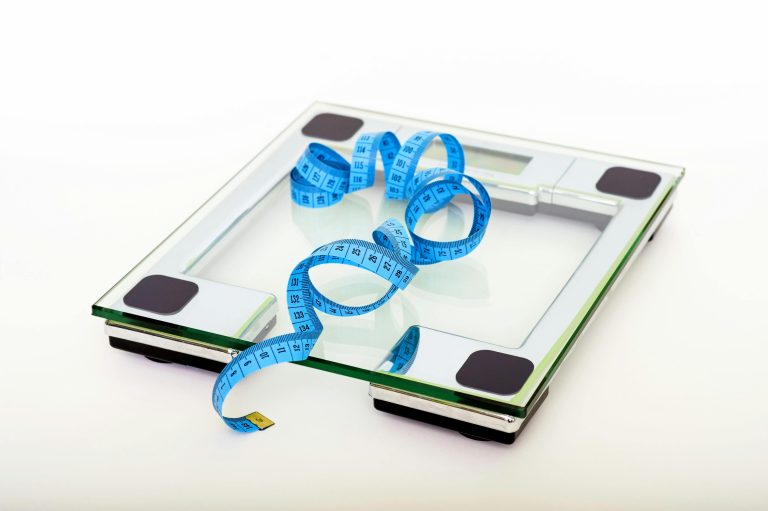Vitamin D and Weight Loss: What You Need to Know
What Is Vitamin D and Why It Matters for Weight Loss
Vitamin D, also known as the “sunshine vitamin”, is famous for its role in bone health, but did you know it may also help with weight loss? If you’re struggling to lose weight despite diet and exercise, low vitamin D levels could be affecting your progress.
1️⃣ Vitamin D Helps Reduce Belly Fat
Vitamin D plays a key role in fat metabolism. Studies show that people with low vitamin D levels are more likely to store belly fat and struggle with weight management. It influences fat cells (adipocytes), helping to reduce fat accumulation and encourage fat breakdown.
2️⃣ Regulates Hunger Hormones and Cravings
Vitamin D helps regulate leptin, the hormone that tells your brain you’re full. A deficiency in vitamin D can interfere with this signaling, causing overeating and increased cravings.
3️⃣ Boosts Energy and Mood for Better Workouts
Low energy or constant fatigue could be a sign of vitamin D deficiency. This vitamin supports mood regulation and mental focus, both of which are critical for maintaining an active lifestyle. When your levels are optimal, you’re more likely to feel motivated to move.
4️⃣ Supports Lean Muscle and Increases Metabolism
Vitamin D is involved in muscle function, and maintaining muscle mass is essential for a healthy metabolism. More muscle means more calories burned—even when you’re at rest. Supplementing with vitamin D may help preserve lean mass while losing fat.
5️⃣ Reduces Inflammation Linked to Obesity
Vitamin D also has anti-inflammatory effects. Chronic low-grade inflammation is often linked to weight gain and metabolic issues. By reducing inflammation, vitamin D supports a healthier internal environment for fat loss and hormonal balance.
How Much Vitamin D Do You Need for Weight Loss?
Most adults need 600–800 IU per day, but those with deficiencies may require more. Always consult a healthcare provider before starting high-dose supplements.
Best Sources of Vitamin D:
- Sunlight (15–20 minutes daily)
- Fatty fish (salmon, mackerel)
- Egg yolks
- Fortified dairy or plant milk
- Vitamin D3 supplements
Ideal blood levels of 25(OH)D should be between 30–50 ng/mL for optimal health and weight support.
Final Thoughts: Can Vitamin D Help You Lose Weight?
Vitamin D won’t cause dramatic weight loss overnight, but it can play a major role in supporting your journey. From boosting energy and mood to regulating appetite and reducing fat storage, keeping your levels in check is a smart strategy for long-term success.
🔑 Key Takeaways:
- Low vitamin D is linked to increased belly fat and poor metabolic health.
- It regulates hormones like leptin and supports appetite control.
- Supports muscle strength, energy, and mood for better workouts.
- Check your levels and consider safe sun exposure or supplements.
Tags: Vitamin D, weight loss, belly fat, fat metabolism, vitamins for fat loss, vitamin D deficiency, natural weight loss, hormonal weight gain, energy and weight loss






